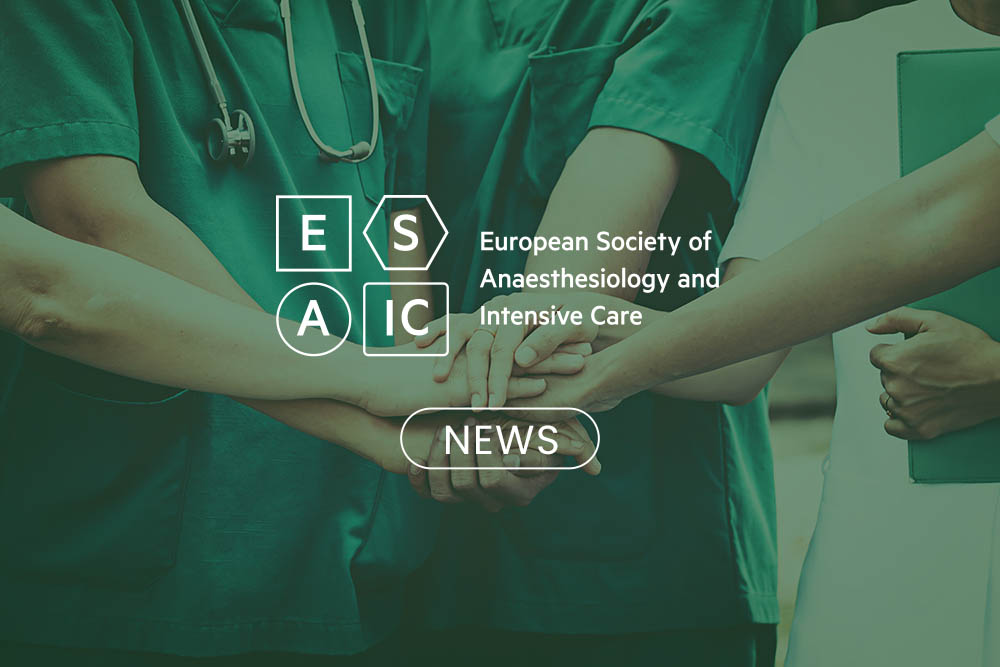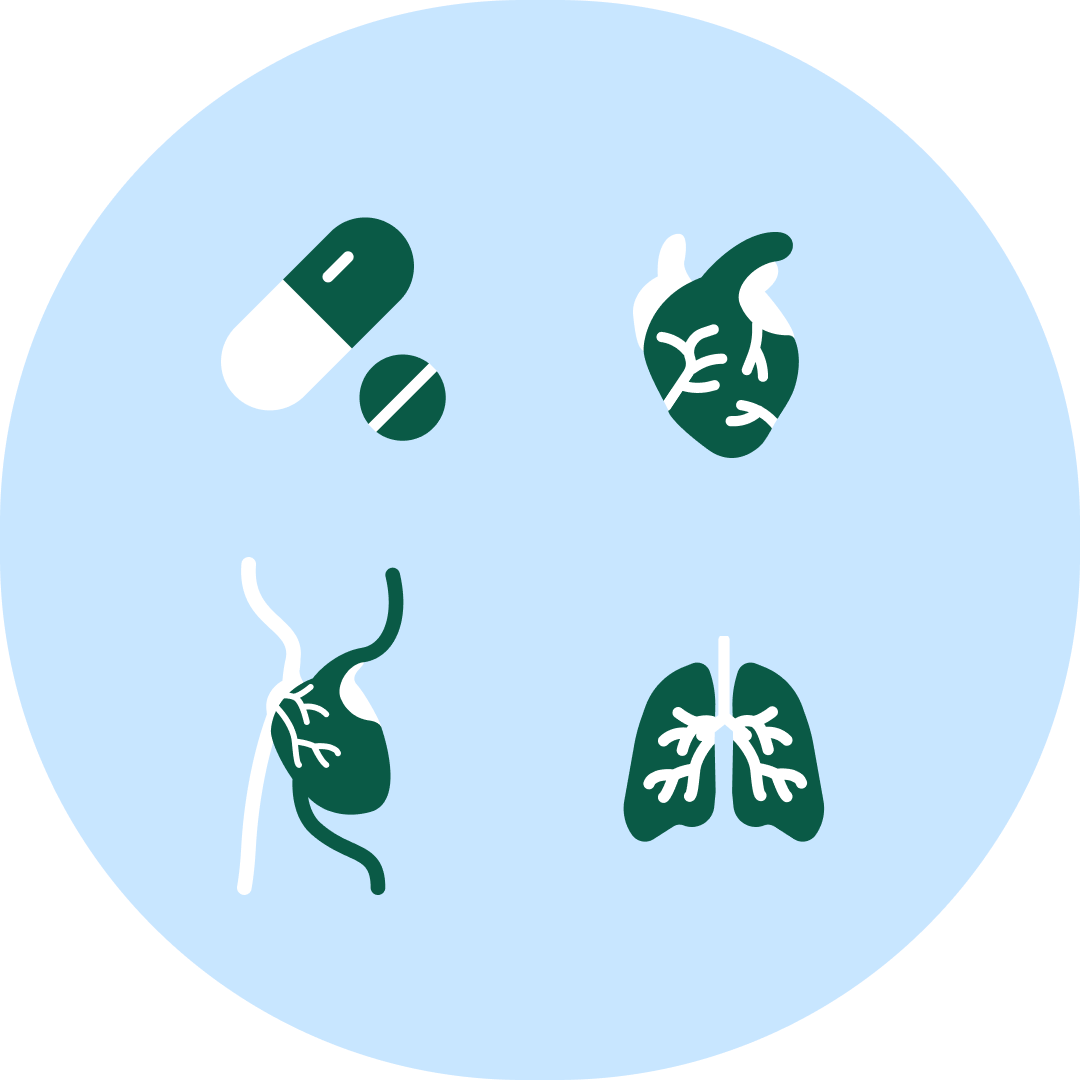Congress Newsletter 2024
The Science Behind the Art of Decision-Making in Critical Care
Insights from Dr Metaxa’s Prof. Ibsen Lecture

In her Prof. Ibsen Lecture on ‘The Art of Decision-Making in Medicine,’ Dr Metaxa delves into the intricate and often misunderstood process of decision-making in critical care settings. Drawing from her extensive experience in critical care, medical ethics, and palliative care, Dr Metaxa challenges the conventional notion of decision-making as an ‘art,’ advocating instead for a more structured, science-based approach. She explores the ethical dilemmas faced by intensivists, particularly around end-of-life care, and highlights the evolving dynamics in patient care, including the role of Critical Care Outreach Teams. Through this lecture, Dr. Metaxa sheds light on the complexities of medical decision-making and underscores the importance of systematic ethical reasoning in improving patient outcomes and professional satisfaction.
Dr Metaxa, in your Prof. Ibsen Lecture on ‘The Art of Decision-Making in Medicine’, could you summarise the key points you’ll be addressing and how these have evolved from your extensive experience in critical care?
I will be talking about the ‘art’ of decision-making, and I use ‘art’ because it is a term that we use, but I am not sure it is the right one. Are is very subjective and insinuates that there is no right way of doing things – anything goes. However, decision-making in the ICU and specifically with prognostication, may lead to frequently unacceptable variability. The more I practice, the more I am amazed at how we make decisions: on the surface, logically but in reality, quite intuitively.
As someone deeply involved in medical ethics and palliative care, how do you approach the complex ethical dilemmas that arise in critical care settings, particularly those concerning end-of-life decisions? For instance, how would you handle a situation where a patient’s family disagrees with the patient’s decision to discontinue life support? How should the contractual and covenantal models of the physician-patient relationship be balanced to ensure ethical decision-making in medicine while safeguarding against mediocrity and respecting the patient’s rights as an individual?
I think that we have not focused enough on ethical reasoning and decision-making in our ICU education (yet!). We are constantly faced with macro and micro ethical dilemmas but lack the knowledge and experience to deal with them in a systematic way. Thankfully, this has been slowly recognised, with Societies and Medical schools investigating more in this training. For example, and especially in Western countries, we have prioritised patient autonomy over the classic patriarchal model so much that sometimes we make it hard for the patients/families, either because we ‘push’ them into a decision-making role that they are not comfortable with, or because we choose the ignore the close relationship between them (individual autonomy over relational autonomy.
According to your expertise and time invested in the ethical art of decision-making in medicine, what are the usual ethical challenges you encounter, and what principles do you think should guide ethical decision-making in healthcare?
The usual challenges arise commonly around end-of-life care. Whether continuing or stopping treatment and ways of doing this (equivalence of withholding vs withdrawing therapy), patient’s best interests when there is only one bed (autonomy vs distributive justice), patient/family wishes vs physicians’ decisions, rationing of time, space, expertise.
With your academic background in neurosciences and medical ethics, how has this shaped your decision-making processes in the ICU, especially in managing patients with haematological malignancies? Has this process taken long, and has it encountered controversies?
Patients with haematological malignancies have always been regarded with extreme caution or even suspicion by intensivists. This has created a negative climate for admitting them to the ICU and for continuing full support. As treatments progressed and patient outcomes improved, it has been interesting to observe a change in perceptions and more measured, evidence-based decisions replacing the old biases.
Patient outcomes are the core of medical care, and there are many ongoing projects to improve patient care. Could you explain the role of the Critical Care Outreach Team at King’s College Hospital and how this initiative has improved patient outcomes?
Critical Care Outreach Teams are mainstream in the U.K. and Australia but not so much the rest of the world. The rationale is that using ICU-trained teams to respond to patients deteriorating in the wards would lead to earlier recognition and management of the deterioration and, hence, better outcomes. Although this is appealing, the evidence of successful impact is sometimes conflicting. It is still an area where more bespoke research is needed, maybe with different outcomes (such as ward nurse training and patient satisfaction) and not only survival.
Looking forward, what are some of the emerging challenges and opportunities in bioethics related to intensive care?
As I mentioned before, bioethics training is still regarded as optional or not really required in critical care. However, especially following the pandemic, awareness has been raised about the importance of our decision-making and the need for a structured, transparent way to conduct this. I hope we will all continue to be more interested in medical ethics like we are in ventilator weaning and ECMO!
What has been your biggest motivation in pursuing a career that intersects intensive care and bioethics, and what challenges have you faced along the way?
The decisions we are called to make daily are difficult and can easily lead to conflict with colleagues, patients and families. I believe that in the heart of improving the care we provide but also our perceived satisfaction in our job depends on understanding why we make the decisions we make, why there is so much disagreement around the end of life, and how we can better accept that there is great uncertainty in our work; and how best to manage this uncertainty in a respectful and balanced way.
The greatest challenge is still to convince people that there is a structure to this—and it’s not just feelings!
Are there any lessons you have learned that you would like to share with our readers, and if possible, what personal message would you like to convey about the art of decision-making?
We should stop viewing it as ‘art’ and more like science. This way, we can demand better training, more robust outcomes, and higher-level research.
Dr Victoria Metaxa is a full-time Critical Care and Major Trauma Consultant at King’s College Hospital in London. She is a King’s College London Honorary Clinical Senior Lecturer with a PhD in neurosciences and an MA in Medical Ethics and Palliative Care from Keele University. Her clinical interests include bioethics, end-of-life care, critical care outreach and the management of patients with haematological malignancies. She is the clinical lead of the Critical Care Outreach Team of King’s College Hospital, as well as the end-of-life ICU lead.
Dr Metaxa is the Chair-Elect of the European Society of Intensive Care (ESICM) Ethics section. She is also the secretary of the UK National Outreach Forum Board and the Chair of the Legal and Ethical Advisory Group (LEAG) of the UK Intensive Care Society (ICS).










